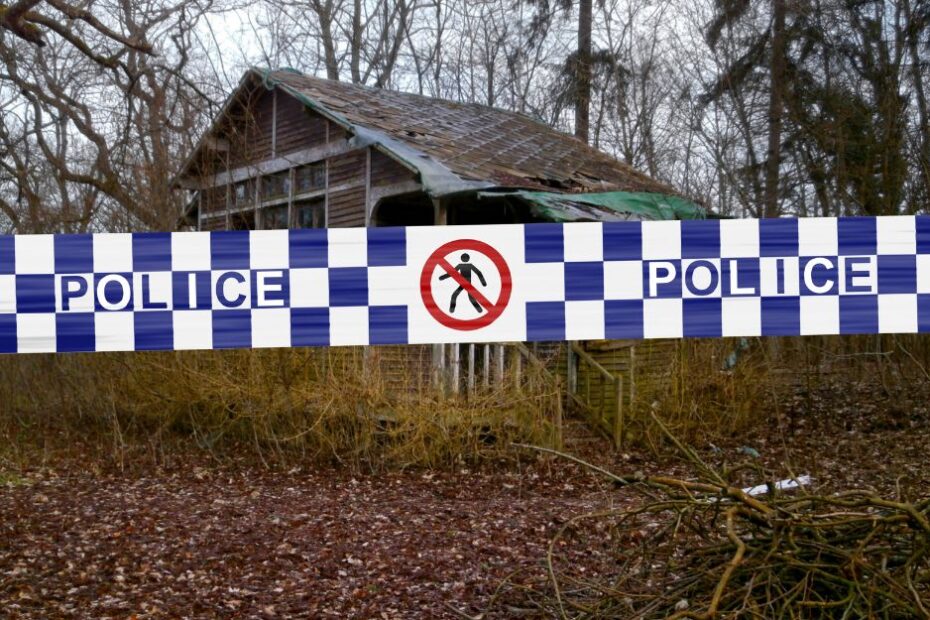Both Federal and state governments in Australia have laws in place to prevent people from profiting from criminal activity, also known as ‘proceeds of crime’. These proceeds may refer to assets obtained illegally either directly or indirectly, and to both tangible (cash, property, cars, jewellery, etc) and intangible (shareholdings, bank accounts) assets.
In this article we’ll look at the circumstances in which courts may issue a forfeiture order allowing governments to confiscate illegally obtained assets. This order may be applied for even before criminal proceedings against the person alleged to be in possession of proceeds of crime have been commenced or completed.
If you need more information on any of the issues raised in this article, contact our highly experienced criminal law team at Hannay lawyers.
Forfeiture orders
Forfeiture applications allow authorities to confiscate property believed to be connected to criminal activities, particularly drug trafficking. In Australia, these orders may be applied for under either Commonwealth or state laws.
Under the Proceeds of Crime Act 1992 (Cth), which applies to Commonwealth offences (such as drug importation into Australia) the Australian Federal Police (AFP) and Commonwealth Director of Public Prosecutions (CDPP) can apply to withhold proceeds of crime via different types of orders, including:
- Freezing order (also sometimes referred to as a Mareva injunction) – a pre-emptive order designed to prevent someone from dealing with or disposing of their assets before a conviction or forfeiture order can be obtained.
- Forfeiture order, forcing the person to forfeit those proceeds or property to the Crown.
- Pecuniary penalty order, which requires the person to repay the amount they benefitted from in committing an alleged crime.
Australian states and territories rely on similar legislation allowing DPPs, the police commissioner or crime commissions (where they exist) to apply to courts for similar orders, including forfeiture of illegally obtained assets – the Confiscation of Proceeds of Crimes Act 1989 (NSW), the Confiscation Act 1997 (Vic) and the Criminal Proceeds Confiscation Act 2002 (Qld), for example.
What is considered by courts in making forfeiture orders?
A variety of factors are considered when the orders outlined above are made by a court. Firstly, whether the property or asset the subject of a forfeiture or freezing order can be defined as ‘tainted property’, meaning property used in carrying out or commissioning a serious offence, or in connection with committing or commissioning a serious offence. A vehicle or boat used to convey drugs as part of an illegal transaction, for example, is an example of a tainted good. Likewise, property directly or indirectly gained due to the commission/carrying out of a serious offence, including money, vehicles or other assets, are considered tainted property.
The court will also consider whether the order will cause disproportionate hardship to the person or their family, the subject of the order. The order may include provision of an amount of money to be provided to the person for ‘reasonable living expenses’ and, possibly, reasonable legal expenses, Costs incurred in running a business may also be allowable.
Applications for forfeiture orders can be challenged in the court, with the applicants needing to show the orders applied for are necessary and meet legislative requirements. The guidance of experienced criminal defence lawyers is vital to defend an application for asset forfeiture orders.
Forfeiture orders are separate to criminal penalties
Applications to forfeit or freeze assets can be made against a person before they are charged, let alone convicted of a crime.
While criminal prosecutions require proof beyond a reasonable doubt, civil forfeiture applications necessitate a lower evidentiary threshold – the balance of probabilities. As such, authorities may pursue forfeiture actions based on the suspicion or reasonable belief of unlawful activity, thereby enabling proactive measures to disrupt criminal enterprises and recover illicitly acquired assets.
The need for expert legal advice
Forfeiture applications for assets obtained through trafficking offences are an important aspect of the legal landscape surrounding drug-related crimes. Unlike criminal proceedings where guilt must be established, civil forfeiture applications enable authorities to target assets even before a finding of guilt on any criminal charges.
But individuals subject to forfeiture applications are still entitled to their fundamental rights, including the right to legal representation, the opportunity to contest the allegations, and the right to a fair hearing before the courts.
Our experienced criminal law team of Sydney criminal lawyers at Hannay Lawyers can provide more detail and information on this area of the law – contact us for an initial consultation now.
